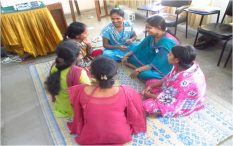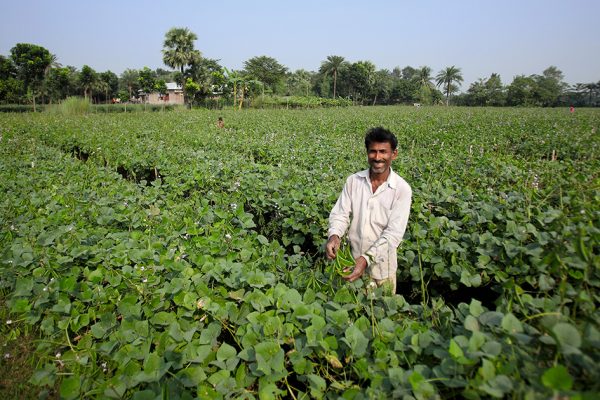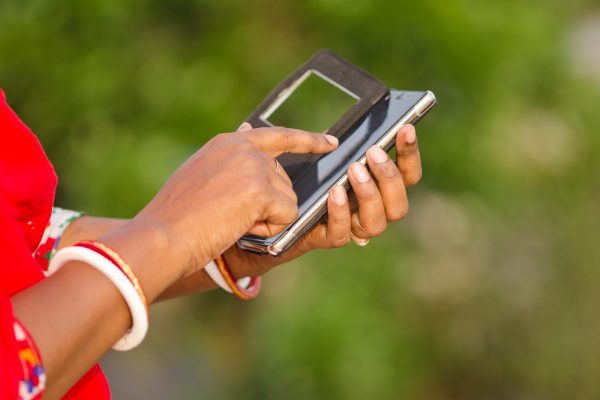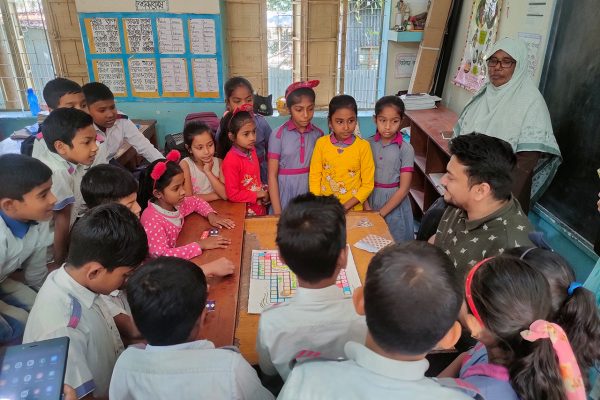It’s time to listen: Psychosocial counselling in secondary schools
Reading Time: 2 minutes
In some Bangladeshi schools, talking about problems is getting easier, and it’s about time. Especially when more than half of the students drop out of school once they complete their primary education. Various social pressures faced by adolescents contribute to the high level of dropouts.
In some Bangladeshi schools, talking about problems is getting easier, and it’s about time. Especially when more than half of the students drop out of school once they complete their primary education. Various social pressures faced by adolescents contribute to the high level of dropouts.
But when considering what the education system can provide, psychosocial support is an essential component that, if implemented, has the potential to pull adolescents back into classrooms. Most often, girls in Bangladesh drop out when they get married – 66 per cent of girls are married before the age of 18. Then there are the adolescents who face abuse within or outside their families. Can these startling figures be changed for the better?
Two years back, when BRAC University’s Institute of Education Development (IED) began consulting at various schools with students from different backgrounds, the demand for safe spaces was greatly felt. What IED already knew was reiterated; every child that took part wished for someone to listen to their problems.
Since then, the institute has been piloting a model, targeting vulnerable adolescents studying in its secondary schools called SSCOPE. With 33 schools currently, the curriculum includes classes where students discuss issues of sexual and reproductive health, rights and gender (SRHR-G).
IED designed these schools in response to high dropout rates in secondary schools. Known for implementing alternative education models, SSCOPE found solutions that go a long way to combat the complex social problems adolescents face. With the introduction of psychosocial counselling, for the first time in Bangladesh the emotional wellbeing of adolescents was taken into account. Shomaj shongis, or para counsellors, conduct interactive sessions where students are given the tools to boost their mental strength and awareness on rights, gender, and abuse.
Student safety is a key issue, with girls regularly subjected to harassment like eve teasing. Shomaj shongis keep regular contact with community leaders, and sometimes even the troublemakers themselves, working with them to solve problems. Nazma, a shomaj shongi, stopped her 15-year-old student’s marriage by explaining the effects of early marriage to her parents. Having the unique advantage to approach and, where necessary, involve parents, shomaj shongis are able to directly impact a student’s life. Absences from school are immediately followed up.
In a recent study conducted by Shuchi Karim, a senior research fellow at the institute, students found shomaj shongis ‘friendly’, ‘trustworthy’ and viewed them as role models. Karim says, “Learning must be paired with counselling and SRHR-G. Only then will adolescents have the courage to seek help, and be strong enough to fight gender-related stigma and stereotypes”.
In the meantime, SSCOPE is taking its model elsewhere. It will soon be recruiting shomaj shongis for BRAC’s adolescent development programme and several government schools.
While older people could pay for counselling, adolescents don’t have the money to. Counselling should be something one is entitled to, no matter what the age. Besides empowering young people, it gives the feeling of being heard and valued. Addressing the bleak level of dropouts from secondary schools and creating open and happier spaces- psychosocial counselling is the way forward.
Sameeha Suraiya is the deputy manager of the writing team in BRAC Communications.






